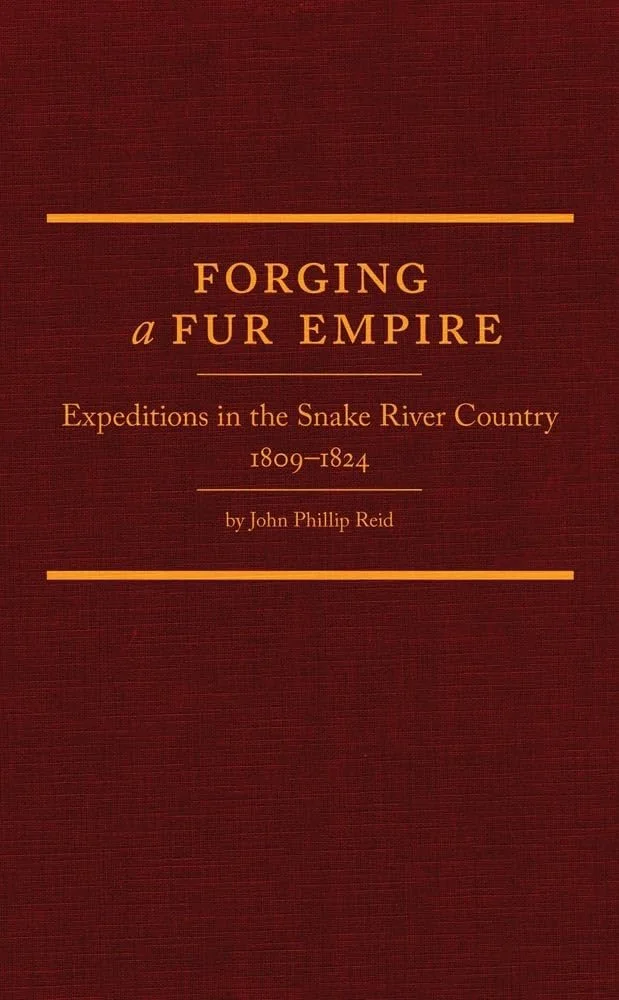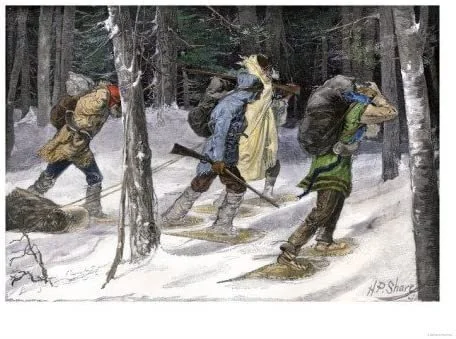Largely the story of fur traders Donald Mackenzie and Alexander Ross, who led the earliest fur trapping expeditions into the Snake River Country of present-day Idaho and Montana on behalf of the North West Company in the 1820s, this history also analyzes the legal, institutional, and commerce-related forces driving the North American fur trade of the early 19th century.
Details about the expeditions was provided primarily by Ross, a conscientious chronicler, who recorded Mackenzie's trailblazing expeditions of 1821-23 as well as the difficult 1824 expedition that he led. "His journals provide the first account there is of daily happenings in the Snake country," historian John Phillip Reid points out. "The most compelling reason Ross and other leaders of the earliest Snake expedition kept journals was to furnish guidance to future trapping parties and inform them of problems, dangers, and places to avoid."
While Ross' mission was commercial and pecuniary, the records he kept tell of a daily stuggle to survive in the wilderness, to keep the peace among his ethnically diverse crew, and to make sense of religious conflicts that confronted him.
As a legal scholar, Reid is keenly interested in the applications of institutional law in a wilderness setting. 'There were more legal transactions or encounters occurring in the Snake River country than the historians of American or Canadian law could today imagine," he points out.
Reid's research and analysis make a valuable contribution to an under-explored period in Pacific Northwest history.

